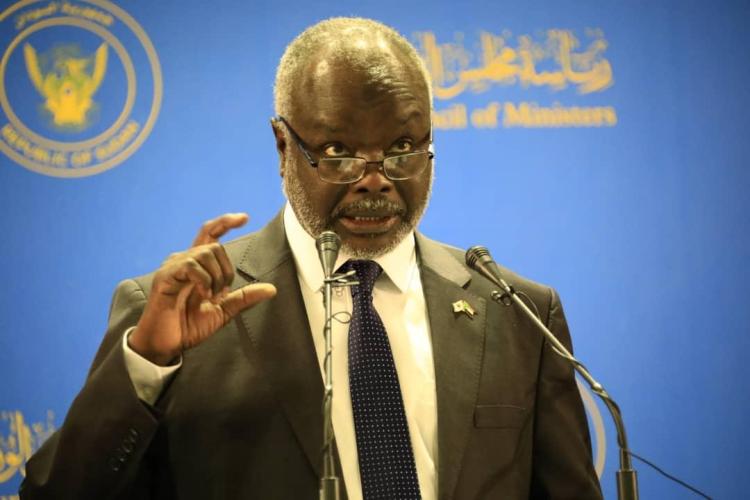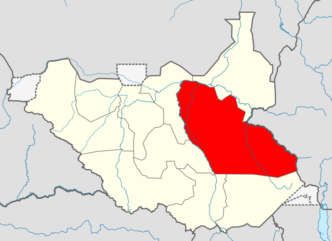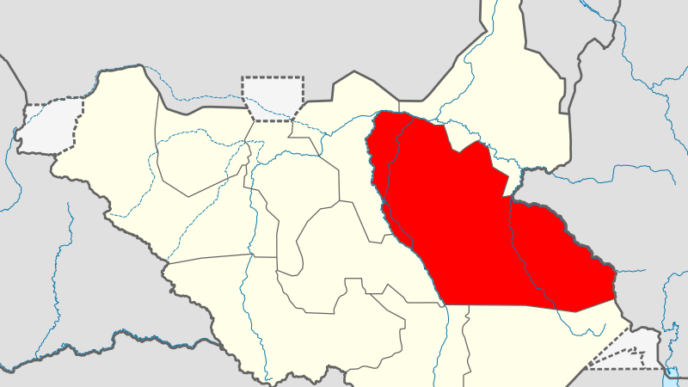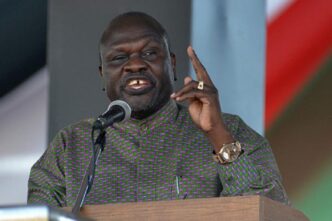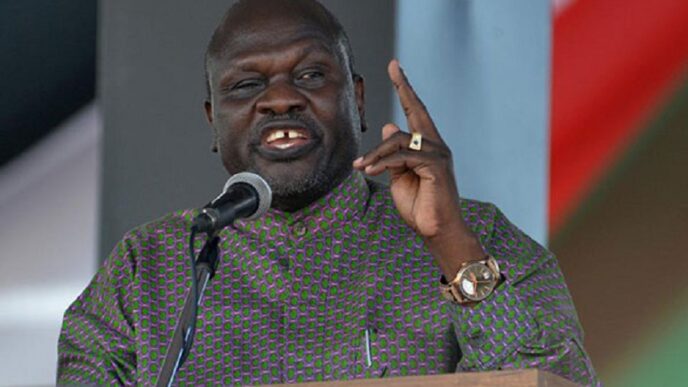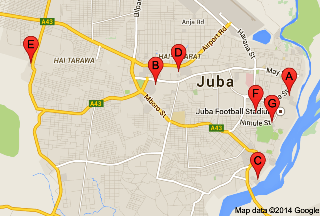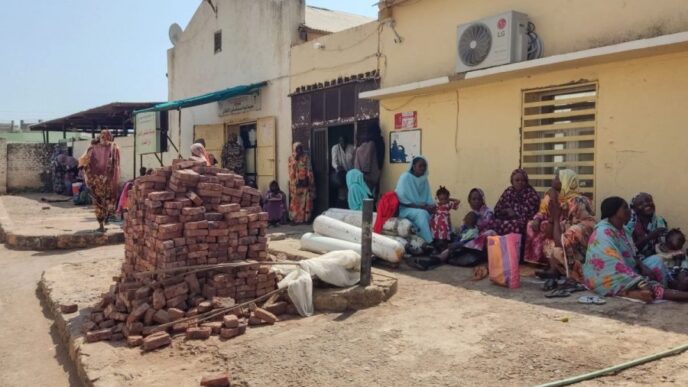[ad_1]
February 26, 2024 (PORT SUDAN) – Finance Minister Gibril Ibrahim attributed the decline in the Sudanese pound’s value to several factors, including rising military spending and a decrease in government revenue from war efforts. He revealed that war-related income had fallen to less than 20% due to the ongoing conflict.
The value of the local currency has plummeted by more than 100%. Before the war between the army and the Rapid Support Forces erupted on April 15, 2023, one dollar was exchanged for 570 pounds. Nowadays, the exchange rate exceeds 1,200 pounds, fueling a rise in the cost of goods and services.
At a press conference in Port Sudan, the Finance Minister stated, “Military war obligations, which must be paid in hard currency, are increasing daily and contribute to the exchange rate problem the country faces.”
He acknowledged attempts to control the exchange rate but noted that the high demand for foreign currencies weakens the local currency. The minister’s statement suggests that the government may purchase foreign currency on the black market, aligning with widespread suspicion that successive governments are major players in parallel markets.
Ibrahim revealed that state revenues have dipped by more than 80%. He explained that the current year’s budget prioritizes fulfilling war effort obligations, providing relief to those affected by the conflict, addressing healthcare needs, and completing near-completion development projects.
The economy was estimated to have shrunk by 40% in 2023, with a projected decline of around 28% this year. The economic contraction, weakened currency, and dwindling job opportunities have caused widespread suffering among Sudanese citizens. This hardship is further compounded by the government’s decision to pay only 60% of its employees’ salaries while suspending bonuses and allowances.
Minister defends decisions, faces accusations
The Finance Minister expressed frustration with media campaigns criticizing his decisions, including the rejection by maritime port workers of his policies regarding waste disposal, shortening goods’ stay time in ports, and raising the customs dollar price.
“The Maritime Ports Authority falls under the jurisdiction of state institutions,” he stated. “The law grants the Minister of Finance authority over public funds, and any decision I issue does not constitute interference.”
He further explained, “The waste disposal initiative was implemented under the guidance of the Sovereign Council. We formed a committee to execute it, which is currently working actively to secure resources.”
Commenting on the anti-minister campaign, Justice and Equality Movement Spokesman Mohamed Zakaria stated that Ibrahim had blocked corruption channels, prevented wasteful approvals, and strictly empowered Port Authority employees by enforcing civil service regulations.
“The accusations from the corruption mafia and those who profit from the sweat of the oppressed citizen, as well as the paid-for protests, will not stop the reform train,” Zakaria stressed in a post on X platform
The minister acknowledged raising the customs dollar price despite the government’s previous decision in June 2021 to discontinue the customs dollar system. He explained, “The Customs Authority faces difficulty keeping pace with the daily exchange rate fluctuations, necessitating the customs dollar increase.”
Ibrahim emphasized that the government is exploring the possibility of establishing an alternative capital but stressed that this option requires significant resources. While Port Sudan currently serves as a temporary administrative centre, the official capital of Sudan remains Khartoum.
(ST)
[ad_2]
Source link
